World Toilet Day: The Throne That Saves Lives
Category: Gut Health
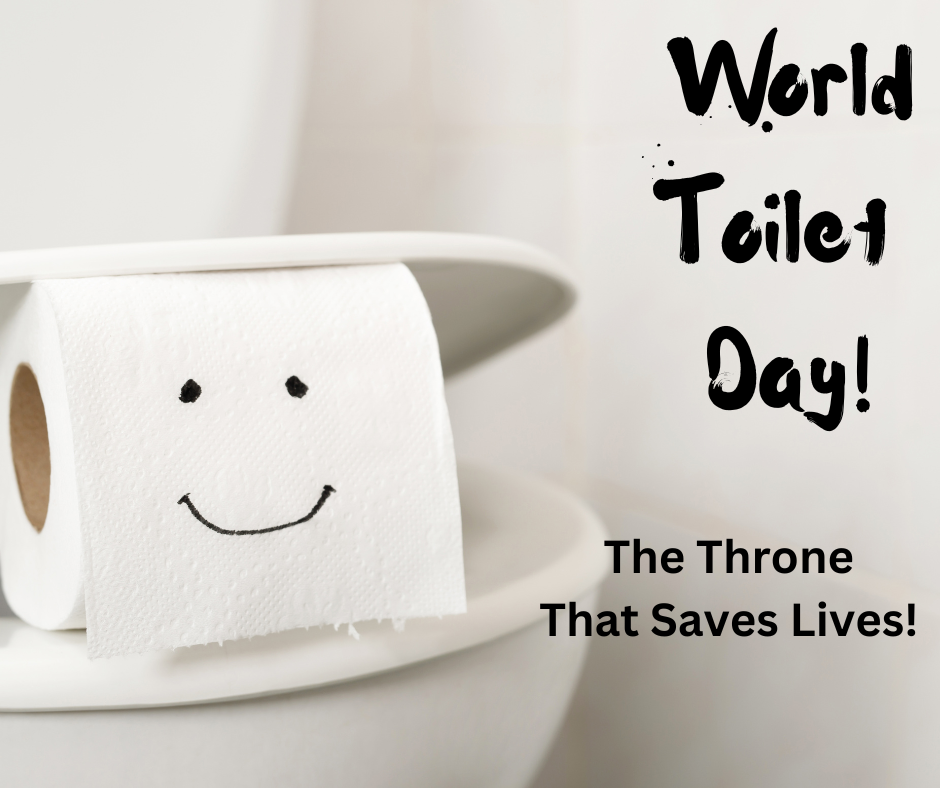
Believe it or not, today is World Toilet Day, a chance to think about how much toilets actually do for our health and well-being. It’s easy to take something as simple as a toilet for granted, but World Toilet Day is a great reminder of how far we’ve come in sanitation and how much work is still ahead to make sure everyone has access to clean, safe toilets.
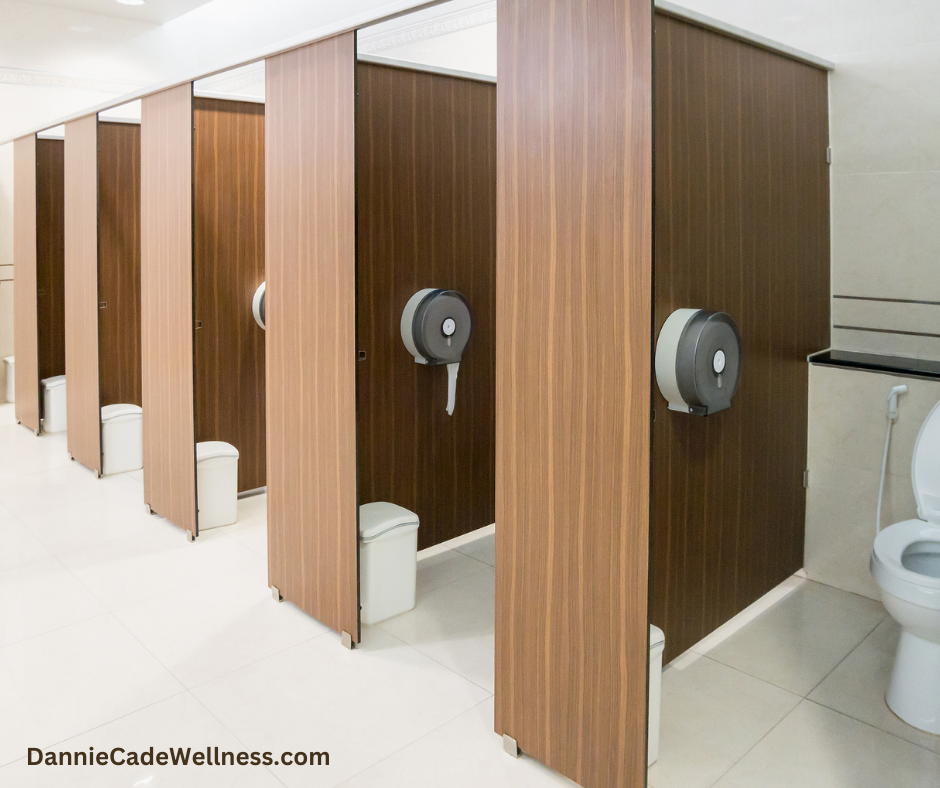
While toilets might seem like a luxury or an afterthought in some parts of the world, for billions of people they’re a matter of life and death. Now that might sound somewhat melodramatic, but it’s true! Imagine your daily routine where you start the day off taking care of nature’s call, followed by turning on the tap for a quick wash, etc as you’re getting ready to face your day. For many around the world, this routine doesn’t exist. Access to a toilet for many is still a challenge while for most of us it’s something we never even have to think twice about.
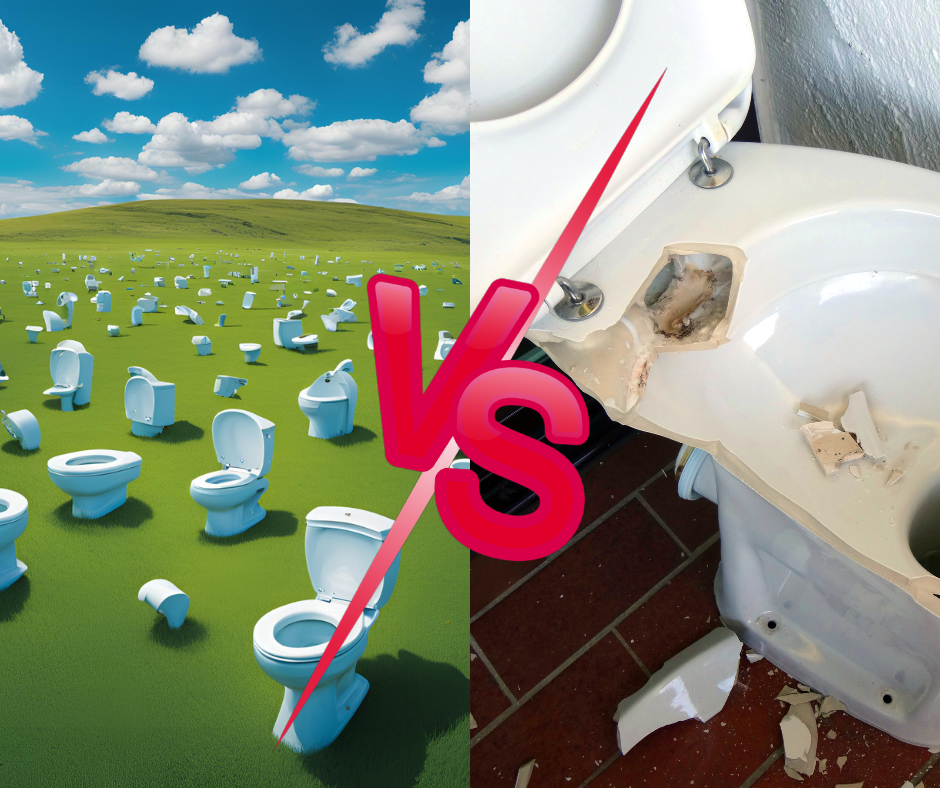
Now let’s take a moment to consider some surprising historical toilet facts. Did you know that the ancient Indus Valley Civilization already had advanced sanitation systems over 4,000 years ago? It’s a fact, they even had toilets with drainage! Then the Romans took things to the next level with public latrines, and while toilets have advanced tremendously since then, the push for better sanitation has always been a priority for societies from ancient times right up to today.
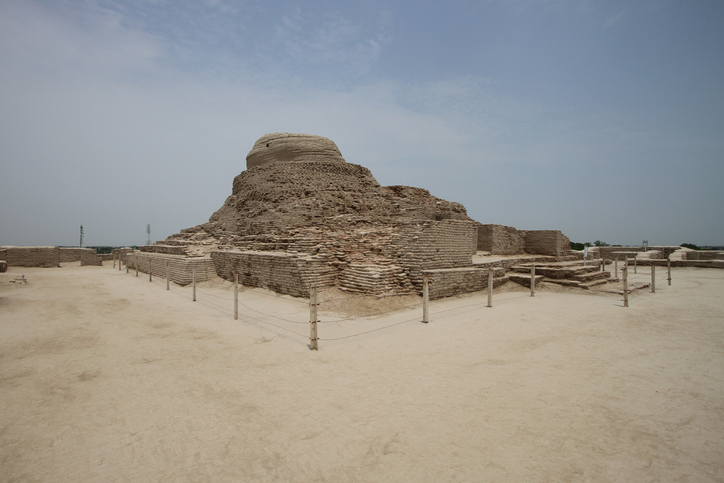
It’s not just Earth that relies on toilets either, our astronauts in space need specially designed toilets to stay healthy and hygienic while “doing their business” in zero gravity, so if toilets are essential for astronauts in space, just think how vital they are here on Earth where they play a fundamental role in our daily health too. Since we rely on toilets every day, have you ever stopped to think about what we can learn about our health by paying attention to what we leave behind in the bowl?
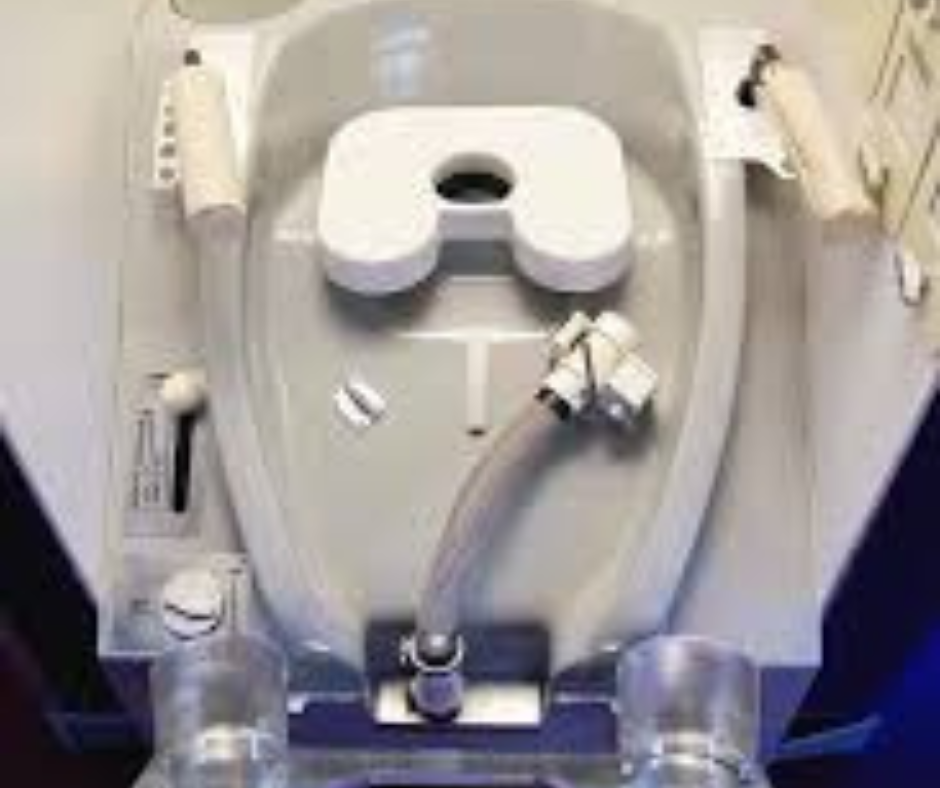
What’s in the bowl can actually tell us a lot about how well we’re doing with hydration because it’s not just your skin that benefits from water, your bathroom habits do too. Hydration plays a key role in keeping everything running smoothly inside your body, including your bowel movements. Healthy, regular bathroom habits are a reflection of your hydration and overall health, it’s like your body’s built-in feedback system!
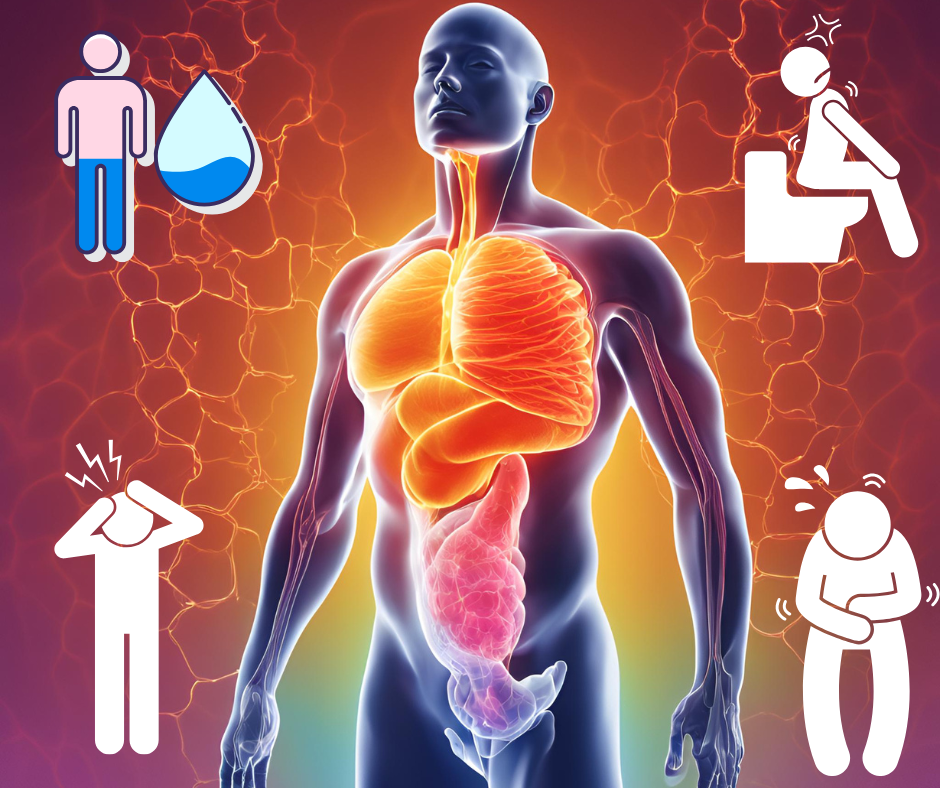
For example, if your pee is pale yellow, you’re doing great with hydration, congratulations, this means your body is efficiently flushing out toxins! If you’re noticing it’s dark yellow or amber, your body is telling you that it needs more water and without it, this can increase the risk of headaches or migrains, kidney stones, bladder infections, and even urinary tract infections (UTIs). When you’re dehydrated, your urine becomes more concentrated, which makes it easier for minerals to form crystals that can develop into stones or irritate the bladder which then leads to infections.
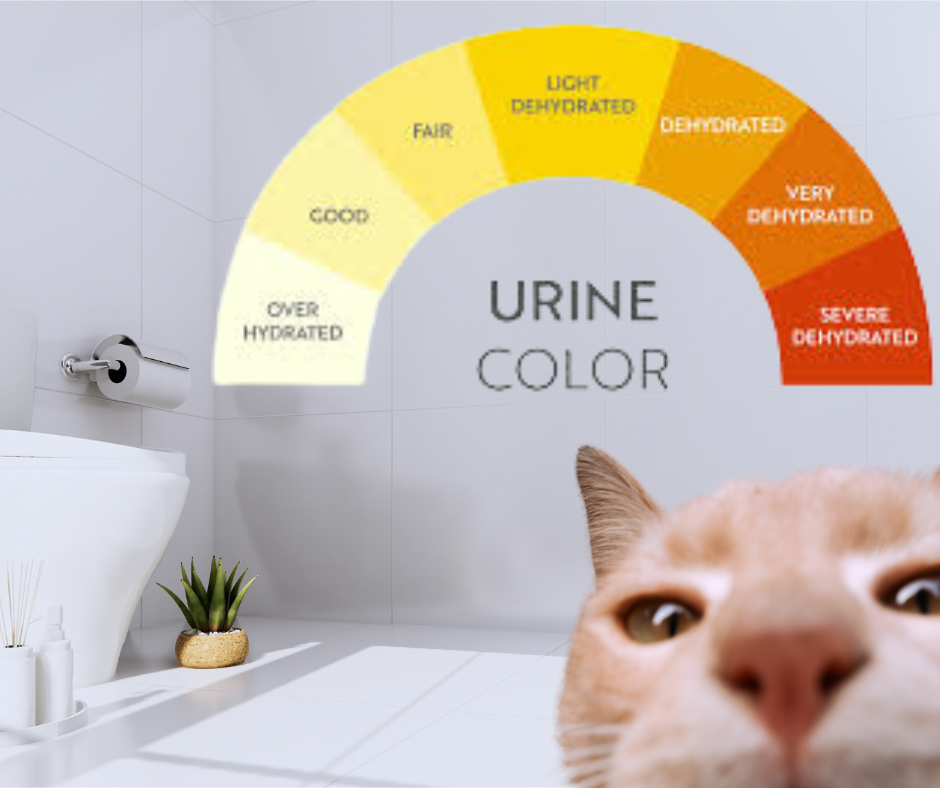
In short, keeping yourself well-hydrated is not just for kidney health but also for keeping those annoying headaches at bay, and don’t be alarmed if your pee turns bright neon yellow after you take B-Complex vitamins or even a multivitamin—that’s just the vitamins working their magic, it’s not a sign of dehydration but a sign that your body is absorbing what it needs, what you’re seeing is what’s left over.
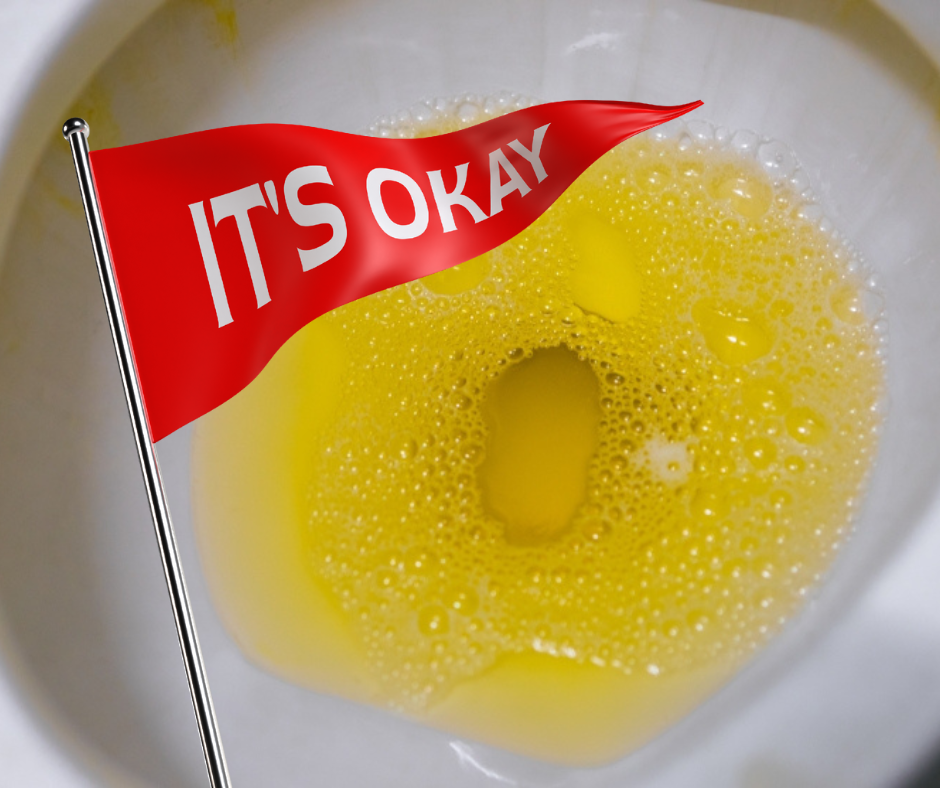
On the flip side, if you’re feeling constipated or having trouble with regular bowel movements, it could be a sign your body needs some extra fiber and hydration. Also a lack of certain vitamins like vitamin D and magnesium can also contribute to constipation. Regular daily bowel movements, yes I said daily … should be smooth, soft and easy to pass.
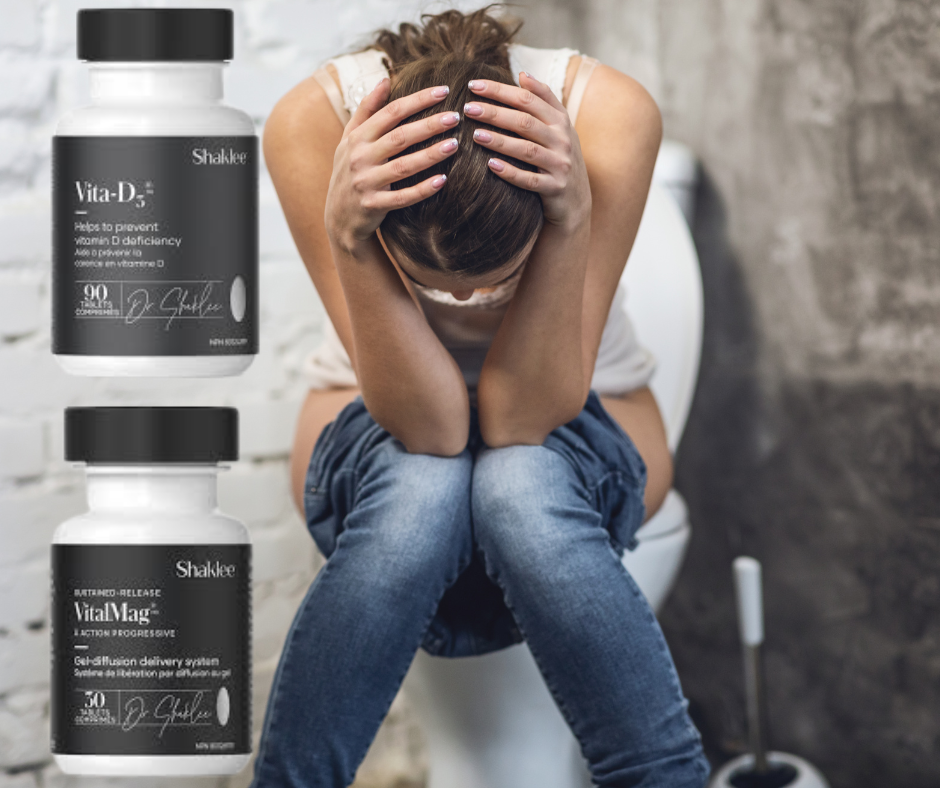
Some doctors might claim that having a bowel movement just once a week is ‘fine,’ but let’s be real, keeping toxic waste in your body that long isn’t healthy. The longer stool sits, the more toxins your body can reabsorb, increasing the risk of bloating, discomfort, and other health issues. Daily bowel movements are vital for a healthy digestive system, and anything less shouldn’t be ignored.
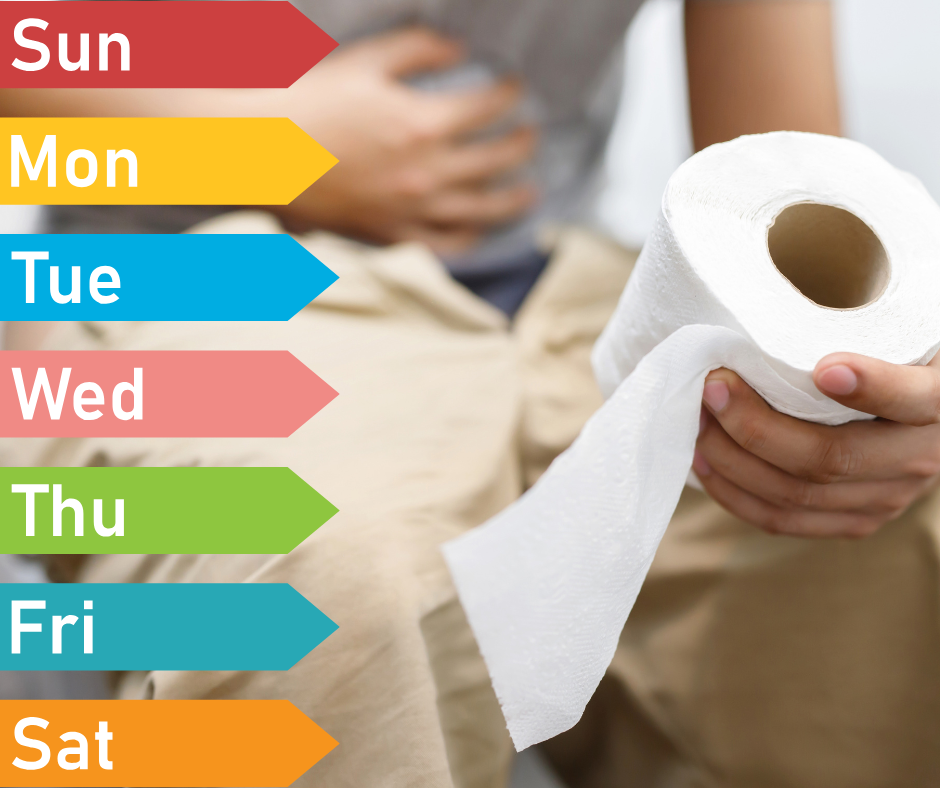
This idea of once a week being ‘okay’ is simply incorrect and if this sounds like you then it might be time to increase your fiber intake, water consumption, or consider a boost in your vitamin D and magnesium levels. These nutrients play important roles in keeping your digestive system moving smoothly.
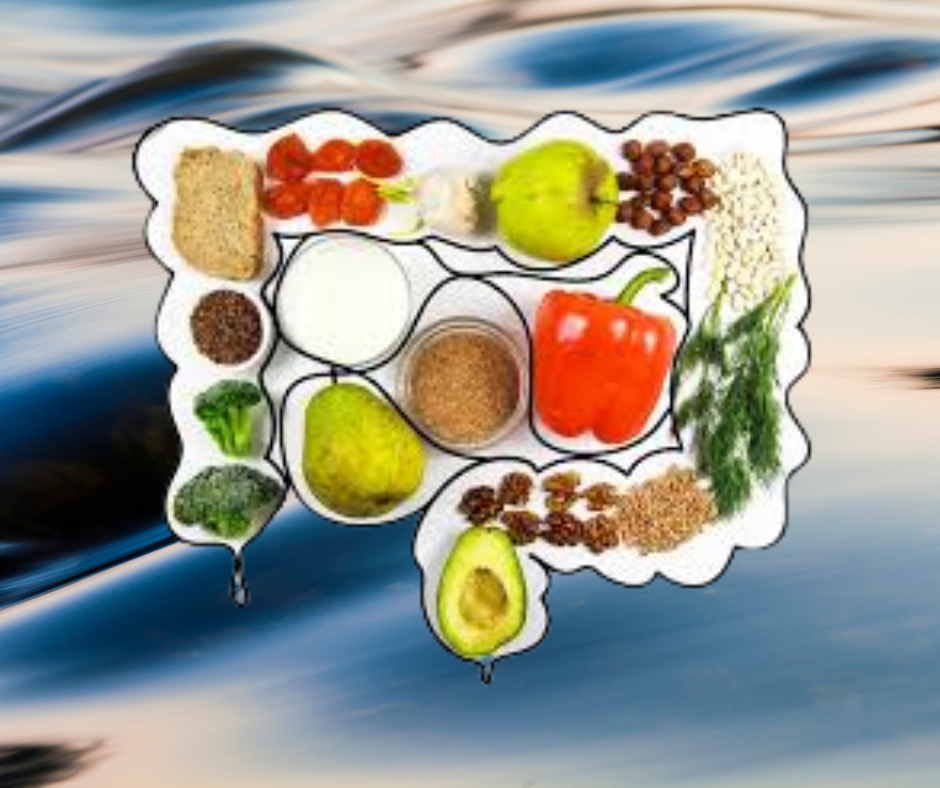
Speaking of bowel health, here’s a fun tip: using a squatty potty, or even a footstool can help! Many cultures use squat toilets, and this position actually helps straighten out your colon, making elimination easier. If you’ve never tried it, it’s worth considering for better digestive health!
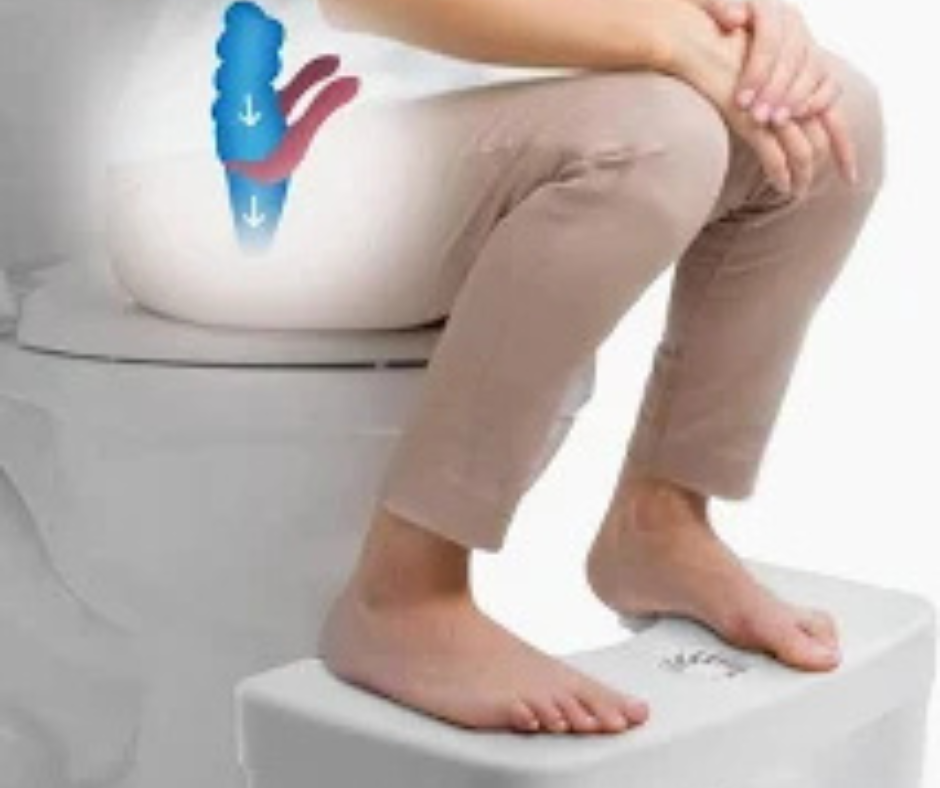
Now, back to why we’re here today! On World Toilet Day, it’s not just about talking toilets, it’s about making a difference. In some places, lack of access to toilets means the spread of disease, like cholera (kaa·lr·uh) , typhoid, and diarrhea. This isn’t just an inconvenience, this really can be a matter of life and death for billions of people.
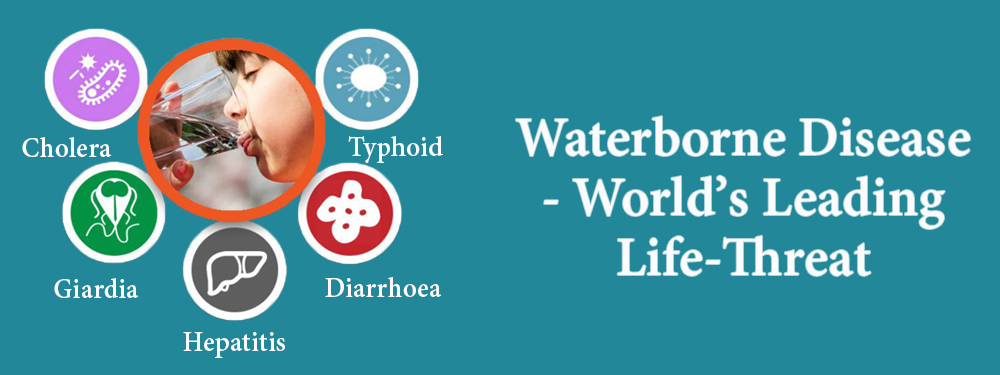
So what can you do? You can raise awareness, donate to organizations that are working to improve sanitation in under-served regions, or simply share this information here with others. By talking about it and spreading the word, you’re helping to highlight the importance of access to clean, safe toilets.
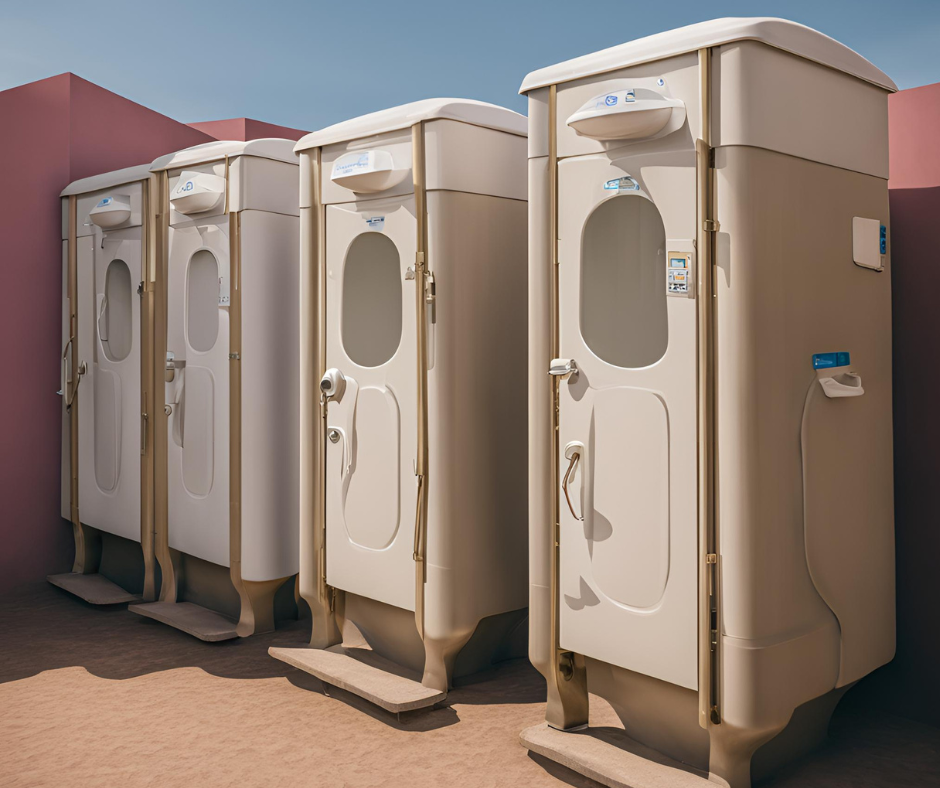
I realize this sounds funny, trust me, I giggled a lot as I put this together for you but let’s stop and take a moment to imagine this if you will, like an episode of The Twilight Zone: What if you suddenly had no access to a toilet? Every time nature called, there was no safe, clean place to go….ever. What DO you DO? The desperation would be overwhelming and it’s not just about the discomfort, it becomes a fight for your health, your dignity, and eventually your very survival.
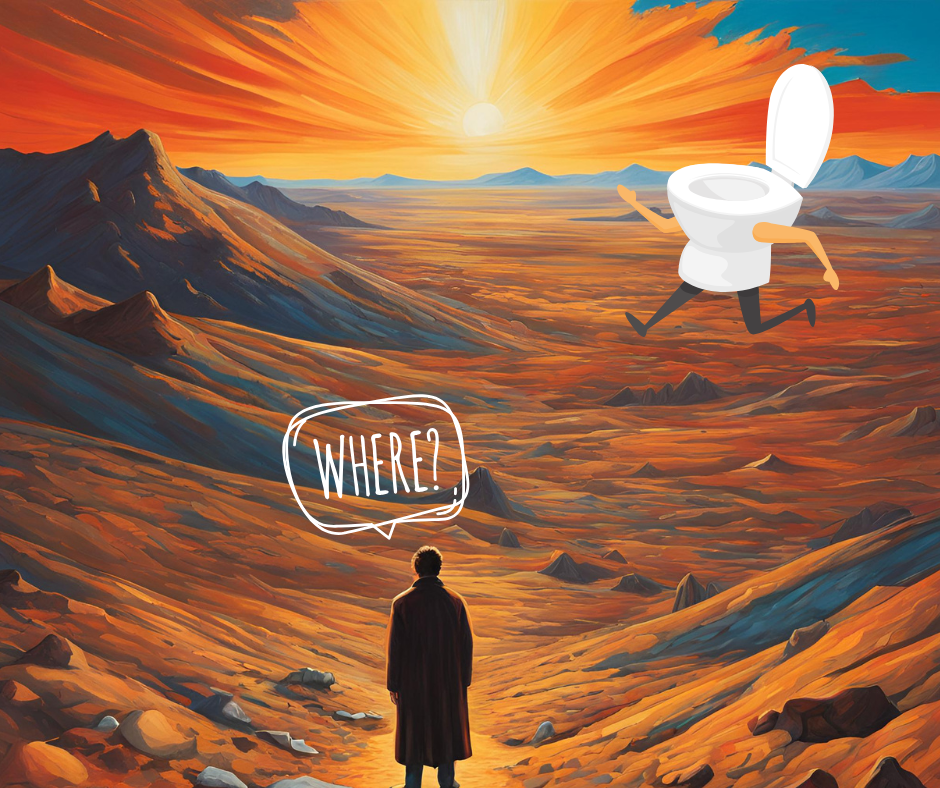
For billions of people, this isn’t just an inconvenience,it’s a harsh daily reality that’s life-threatening. The urgency? It’s beyond hunger, in fact it really does become a matter of life or death and here’s why: Lack of access to toilets and proper sanitation leads to severe health risks, including waterborne diseases like cholera, dysentery, and typhoid fever that was already mentioned, but did you know they are often fatal?

If there isn’t a safe place to relieve oneself, people are forced into unsanitary practices, exposing themselves to contamination that can cause infections, dehydration and even death. In these circumstances, not having a toilet isn’t just inconvenient, it’s an actual threat to survival. The more we all recognize this need, the greater our collective efforts can be whether it’s in our own communities or around the world.
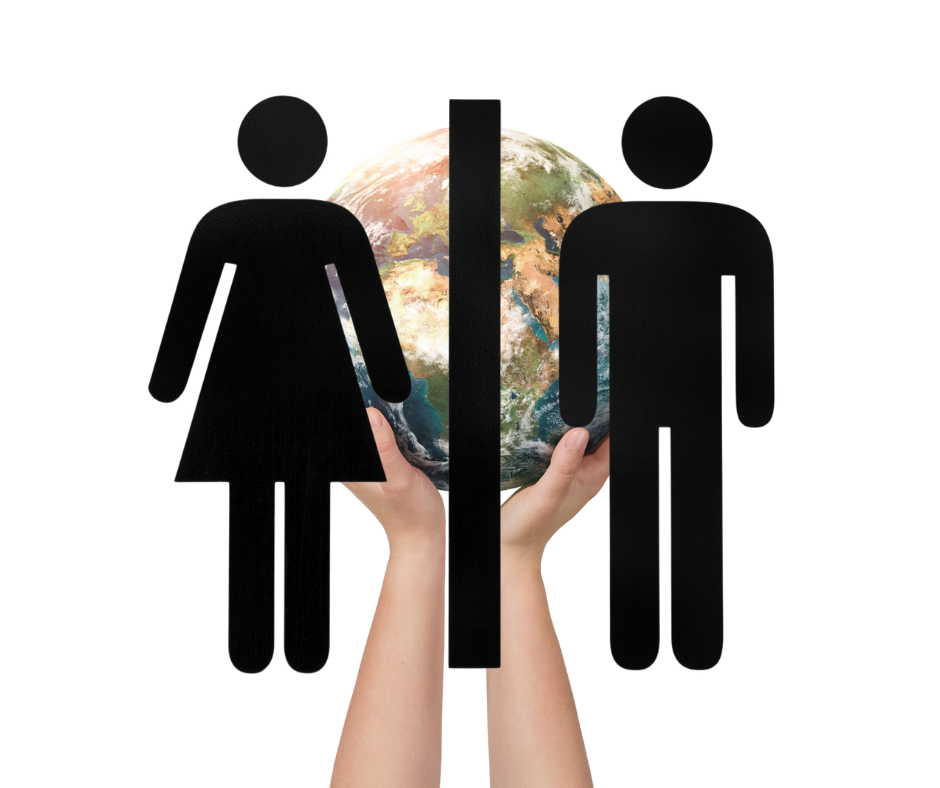
Let’s keep this conversation going and work together to make a positive impact because after all, toilets are essential for more than just comfort, they’re crucial for public global health, dignity, and a better quality of life for everyone.

This World Toilet Day, let’s take a moment to reflect on the progress we’ve made in improving sanitation, while also acknowledging there’s still a lot of work to do. It’s easy to take something as basic as a toilet for granted, but every time you sit down to use the bathroom, remember how lucky we are to have something many people still dream of: A safe, clean toilet.
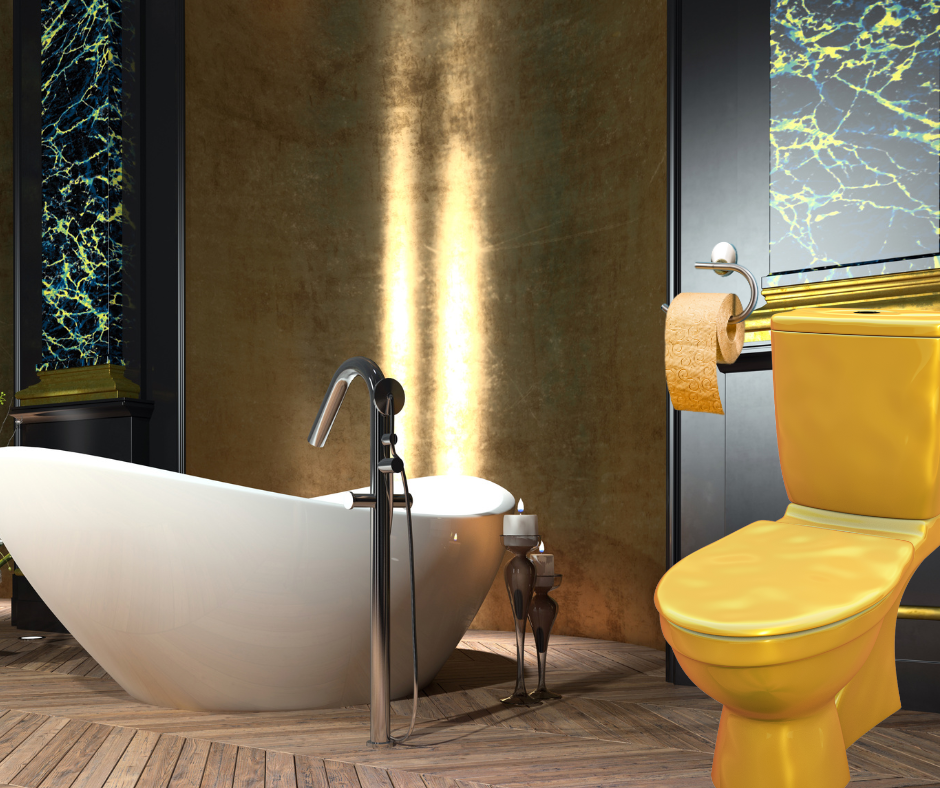
Thank you for joining me today, and let’s continue spreading the message. Together, we can make sure that one day, everyone, everywhere, will have access to the basic necessity of a toilet.



Facebook Comments